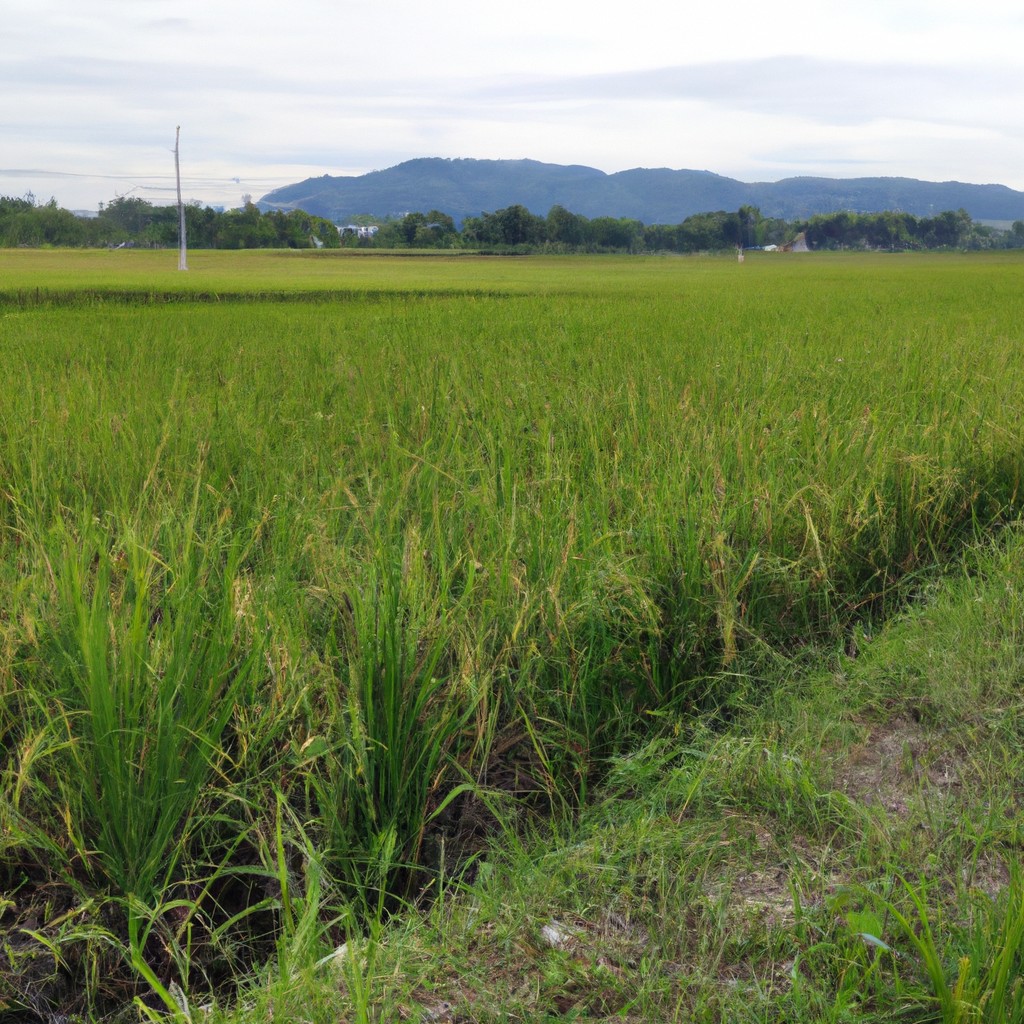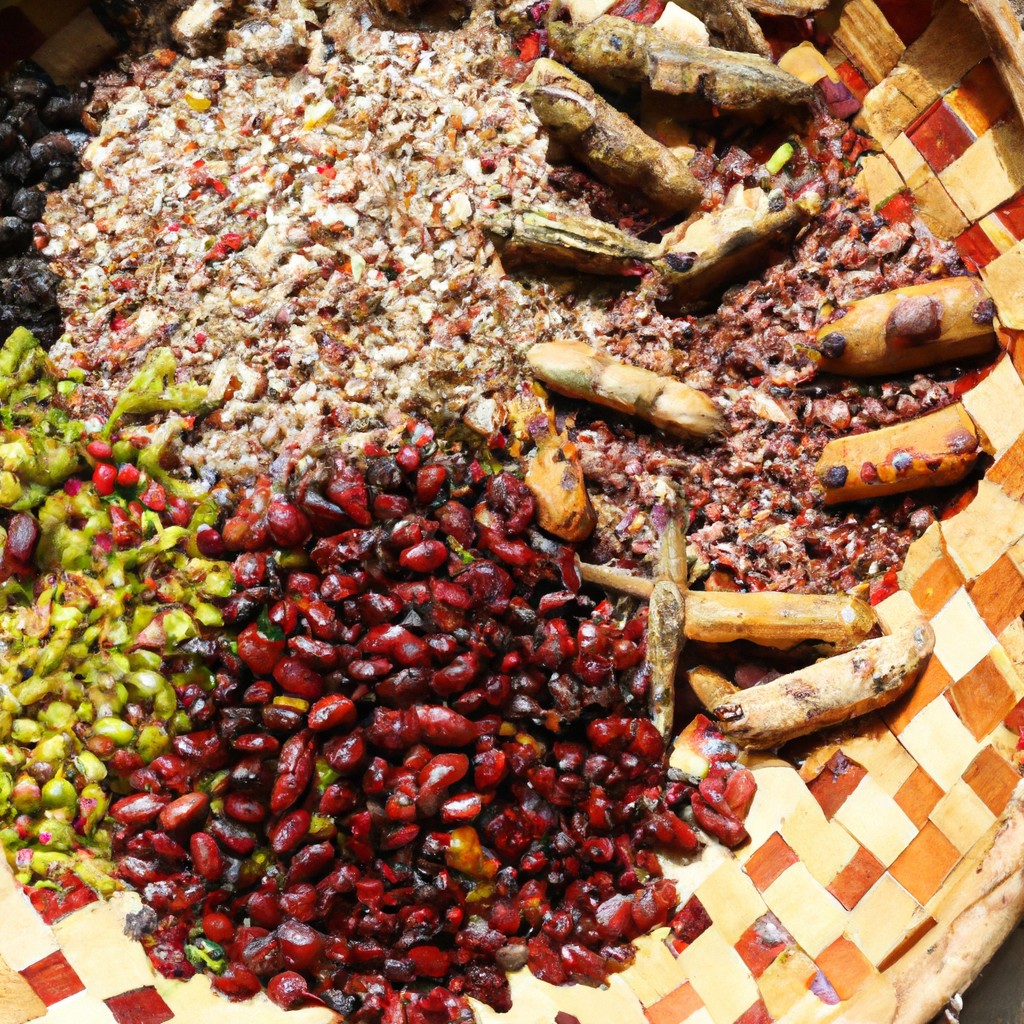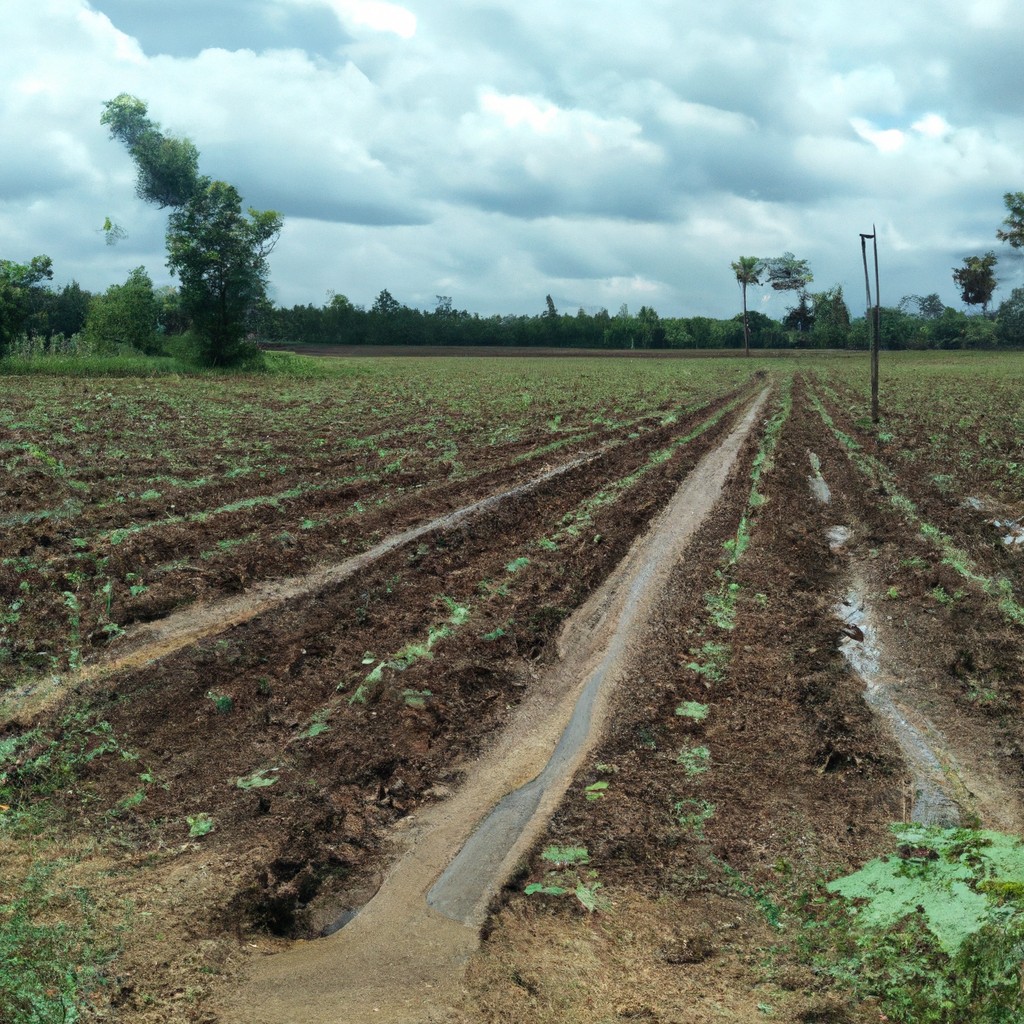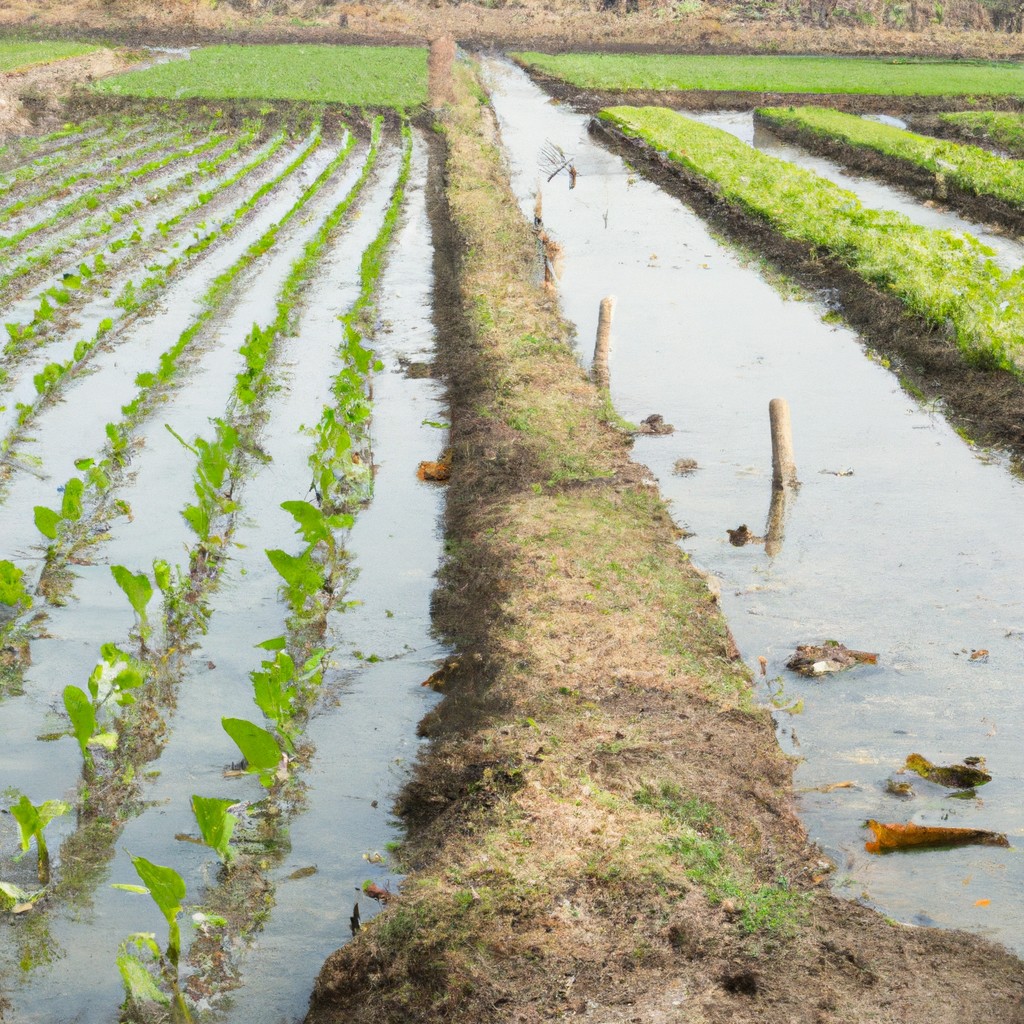Agriculture is a cornerstone of human civilization, providing the food, fibers, and materials essential to our daily lives and the global economy.
Look Inside:
Fundamental Role in Human Nutrition

Agriculture provides the vast array of fruits, vegetables, grains, and protein sources critical for human nutrition. The diversity of crops reflects the richness of nutrients necessary for health and well-being.
Through farming, we get access to carbohydrates for energy, proteins for muscle repair, fats for cell function, vitamins for various biochemical processes, and minerals for bone and blood health. Additionally, the fresh produce from farms is key to a diet rich in fiber, which aids in digestion and reduces the risk of chronic diseases.
Moreover, the cultivation of plants also leads to the production of secondary metabolites like antioxidants, which play a role in preventing cellular damage and reducing inflammation. Thus, agriculture is not just about caloric intake but about fulfilling the complex nutritional needs that are foundational to human health.
Source of Livelihood for Billions Globally
Agriculture employs more than one third of the world’s labor force, highlighting its critical role in sustaining the livelihoods of millions. In many developing countries, farming remains at the core of their economies, providing the main source of income for rural communities.
The sector’s reach extends beyond farming, influencing downstream industries such as manufacturing and services. Agricultural activities stimulate local economies through trade, with farmers purchasing goods and services from local businesses, and local businesses supplying products for agricultural production.
Women, in particular, benefit from agriculture, as it offers opportunities for empowerment and economic participation in regions where they may have limited access to other employment sectors.
Additionally, the sector serves as a safety net during economic downturns; individuals often turn to farming when industrial or service sectors contract.
When considering the agricultural sector’s impact on livelihoods, it’s essential to bear in mind its influence on community stability. Sustainable farming practices contribute to resilience, allowing communities to better withstand environmental and economic fluctuations.
Essential for Food Security
Agriculture plays a critical role in ensuring food security by providing a steady supply of food to meet the dietary needs of populations worldwide. It enables countries to have a level of self-sufficiency by producing a variety of crops suited to their climates and soils.
Diversification of agricultural production acts as a hedge against crop failure. By growing a range of crops, communities can minimize the risk of food shortages that may result from pest infestations, diseases, or extreme weather events.
Technological advancements in farming, such as improved seed varieties, precision agriculture, and sustainable farming practices, help increase crop yields. These gains are essential to feed a growing global population, expected to reach nearly 10 billion by 2050.
Moreover, local agriculture is a buffer against disruptions in global supply chains. In instances of trade restrictions or global market fluctuations, domestically produced food can mitigate the impact on food availability and prices.
In areas with limited access to markets, local agriculture is especially crucial. It allows communities to produce and consume their own food, reducing dependence on distant sources and improving nutrition by facilitating access to fresh, culturally relevant foods.
By upholding food security, agriculture lays the foundation for stable societies. Sufficient food supply is linked to less societal unrest, healthier populations, and therefore, better overall economic prospects.
Contributor to National and Global Trade
Agriculture fuels economies worldwide by generating millions of job opportunities across the supply chain, from production to distribution. Crops, dairy, meat, and associated products are significant exports for many countries, often forming the backbone of their trade portfolios. For instance, nations like the United States, Brazil, and The Netherlands are among the top agricultural exporters, sending a variety of goods from soybeans to flowers across the globe.
This cross-border trade not only supports agricultural producers but also stabilizes markets and prices, allowing for a diverse array of products to be available globally. It also facilitates technological and scientific exchange, as countries collaborate and invest in improving agricultural practices to meet international standards and boost trade relations.
Moreover, agricultural trade agreements play a pivotal role in shaping economic policies and determining tariffs and subsidies. They can influence the availability and affordability of food, impacting both producers and consumers internationally.
Vital in Combating Climate Change
Sustainable agricultural practices store carbon in the soil, contributing significantly to greenhouse gas mitigation. Cover cropping and reduced tillage are examples of such practices that increase soil organic matter, effectively sequestering carbon and improving soil health.
Regenerative agriculture goes a step further by restoring degraded land, which can re-establish soil carbon stocks and biodiversity. This restoration often involves planting perennial crops and utilizing agroforestry, integrating trees into farming systems to increase resilience and carbon sequestration.
Shifts toward plant-based diets also reduce the carbon footprint of agriculture by decreasing reliance on resource-intensive animal farming. Moreover, efficient use of fertilizers and water, alongside renewable energy adoption, minimizes agriculture’s environmental impact.
Collectively, these measures not only bolster the agricultural sector’s capacity to adapt to climate change but also play a crucial role in the broader effort to curb global warming. Through carbon-smart farming, agriculture can transition from being part of the climate problem to a key part of the solution.




